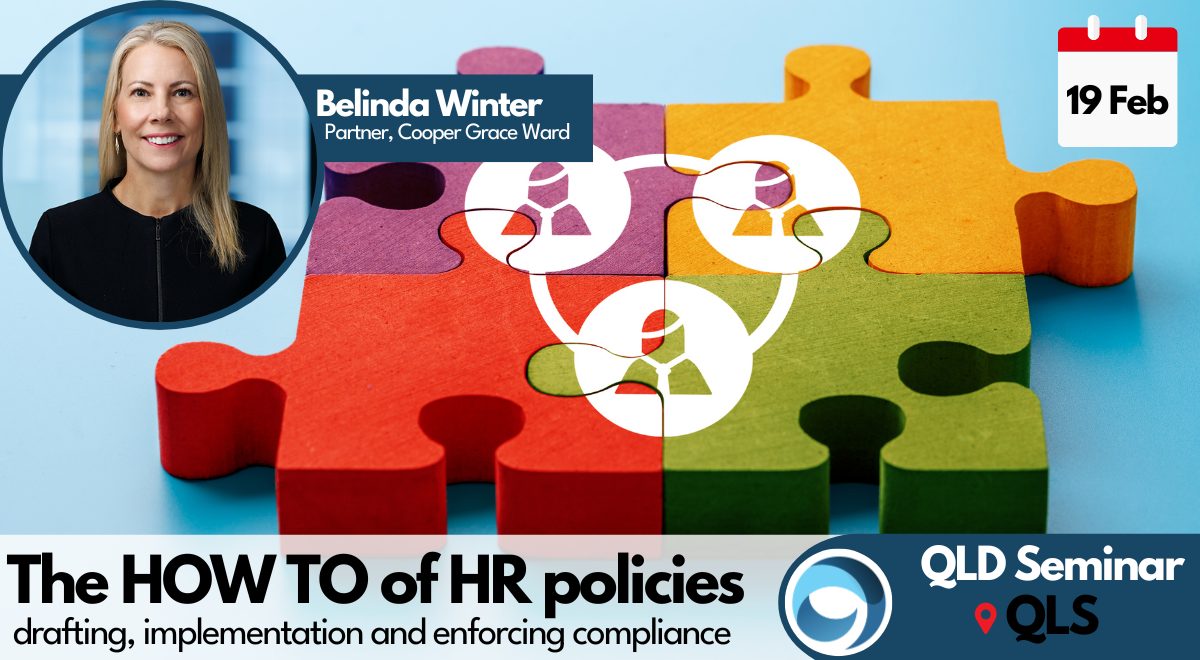Society’s expectations are shifting the sands of the business world — sweeping the legal world with it. Successful legal firms are increasingly operating more like ‘start up businesses’ — changing everything from what they call themselves to how they deliver their services. What’s also changing are the rules of engagement which mean transparent behaviours, open attitudes and collaborative team behaviours is the new norm. It’s a game changer.
Yet the benefits are anything but a game and the proof is in. Deloitte’s detailed global analysis and study “Eight Powerful Truths” of how diversity and inclusion have impacted businesses since 2016 has indicated that the value of diversity of thinking alone increases innovation by 20% and reduces risk by 30%. It means firms with an inclusive culture are twice as likely to meet or exceed their financial targets, three times as likely to be high performing, six times as likely to be innovative and eight times more likely to achieve better business outcomes. If that’s not proof enough, then your firm may have a bigger problem.

Businesses that adopt the new way of working will definitely achieve a distinctive competitive edge, reduce turnover, boost company culture and encourage engagement and creativity and stay relevant. They will become known as business partners and advisors rather than ‘law firms’ and respond to the needs of their internal customer with the same commitment as they do to an external customer. By virtue of their open mindedness, they will empower staff to be innovative and creative, giving clients the confidence they are dealing with cutting edge thinkers and solution providers that are more agile than ever. For those businesses who don’t adopt the new way of working in a diverse and inclusive way, they will reach a use-by date faster than a carton of A2 milk and the results will not be pleasant.
Research also shows that in Australia, workers in inclusive teams are 10 times more likely to be highly effective than workers in non-inclusive teams, and five times more likely to provide excellent customer/client service. So, we really need to understand what diversity and inclusion is in order to get the best results. And in so doing we have to be careful not to confuse the terms and expect diverse teams on their own to be inclusive. That’s because businesses can be diverse but not truly inclusive. For example; yes, we hire a diverse range of people — we’re legally bound to. And we hire them expecting that they’ll be team players — that they’ll fit in with the rest of the crew. To cover ourselves, we give them a three-month trial period and leave them to it – and if they don’t settle in or we find they are not ‘like us’ , well, sorry, “unfortunately it hasn’t worked out.”
Is that inclusive? No, it isn’t. Strange, we hire them to think and be different and when they are, we can find that unsettling.
A more inclusive way, for example, would be to have both the employee and the business on a three-month trial, coming together at the end of it to mutually discuss the outcomes. It would support the new employee from day one, not just show them the ropes, the computer systems, and the OH&S policy, but really drilling down, connecting and communicating with them across all business channels. It would buddy them up, take them through the business strategy, ask them for their input. It would ask them for what their version of ‘best practice’ is compared to what we currently do; it would be looking for ways to improve existing operations through new eyes and experiences.
As legal-preneurs it is our job to find out what makes others tick, what value they will bring to the table and what they can help us do by adding more diversity into our operations. Most businesses now have a workplace diversity and inclusion policy in place, of sorts, but many may be just paying lip service to it without really understanding its true potential. Why? Because it is often a static policy and one that employees do not have the opportunity to add to as things change.
Yet we know that encouragement and the opportunity to engage fosters growth and by encouraging staff to put forward their ideas, build the policy further and drive it across the business with management’s support, there’s no doubt that people would feel more connected and loyal to their employer. And loyalty is something that AI can’t replace.
The Australian legal industry, among other professional services, is now swept up in this dynamic wave of new thinking and teams are becoming interdependent eco-systems that rely on candid opinion and radical transparency. And it’s working. But are you doing your bit to ensure you have the right balance of diversity and inclusion in your workplace?
And if not, what are you doing to rectify it?
To discuss what you can do to make diversity and inclusion everyone’s responsibility, contact Ricky:



